- Home
- Corporate Social Responsibility
Corporate Social Responsibility
Our Commitment
As manufacturers, EFKA Frame Solutions Ltd is very much aware of its responsibilities when it comes to recycling and sustainability. We are always trying to improve our green credentials and take advice from suppliers on the best products to help us do this. Below is an overview of the components we use and how we are trying to ensure that they come from a sustainable source and / or can be recycled after use. This process is very much reliant on the fact that our customers and clients recycle our Printed Fabrics, Packaging Materials, LED Systems, ACM Back Panels, Aluminium Profile and we use UK Suppliers.
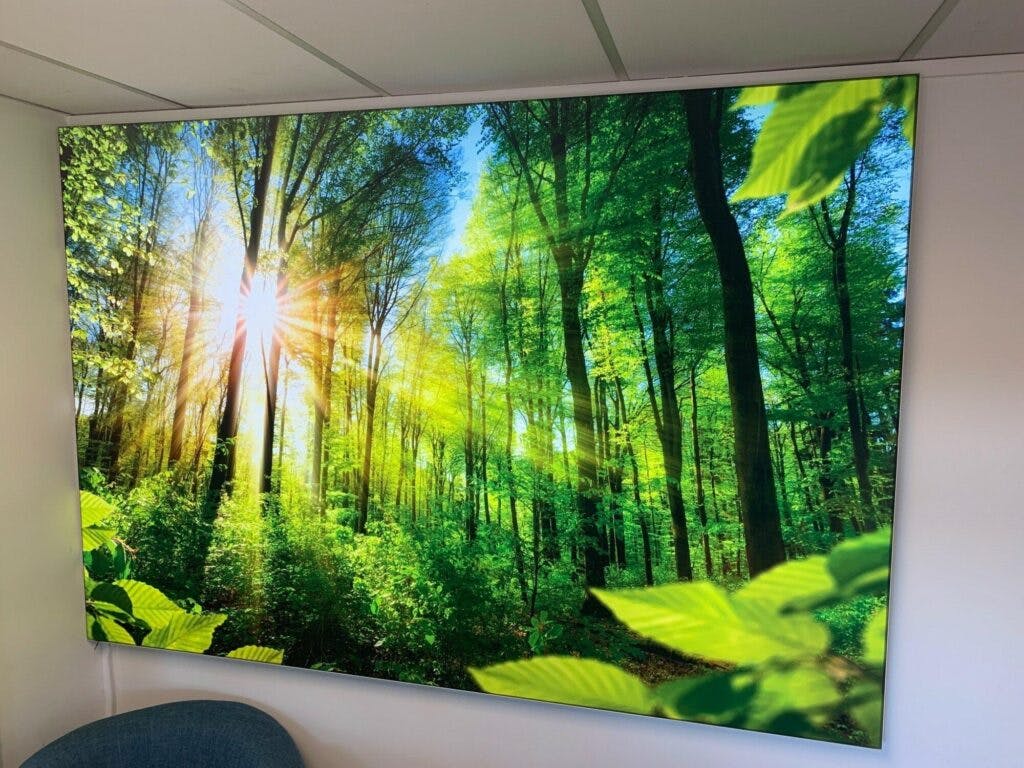
Printed Fabrics
The fabrics we use to print have been evolving at breakneck speed. For instance, there is currently a product that is produced from yarn made from recycled plastic bottle waste. Fabricating yarn from plastic waste involves the collection of pre and post-consumer plastics. Bottles are cleaned, sorted, shredded into flakes and then converted into pellets, which are melted into extruded fibres. As well as this, the use of fabric allows imagery to be stored and reused as well as negating the need for fitters having to travel to site every time an image requires changing. EFKA will ensure we can offer the most up to date and environmentally friendly solutions as possible.
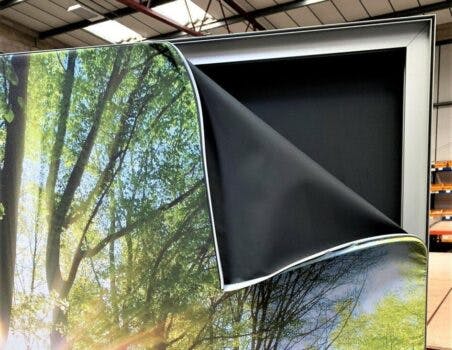
Packaging Materials
Most packing materials (bubble wrap and protective edging) can be recycled but we must rely on the recipient to ensure that this is done through the correct channels. EFKA is researching more compostable products to eliminate this risk and we use cardboard cartons wherever possible. There is however a fine balance between recyclability and the product doing the job it is intended to, that is to protect the product and avoid damage during transit.
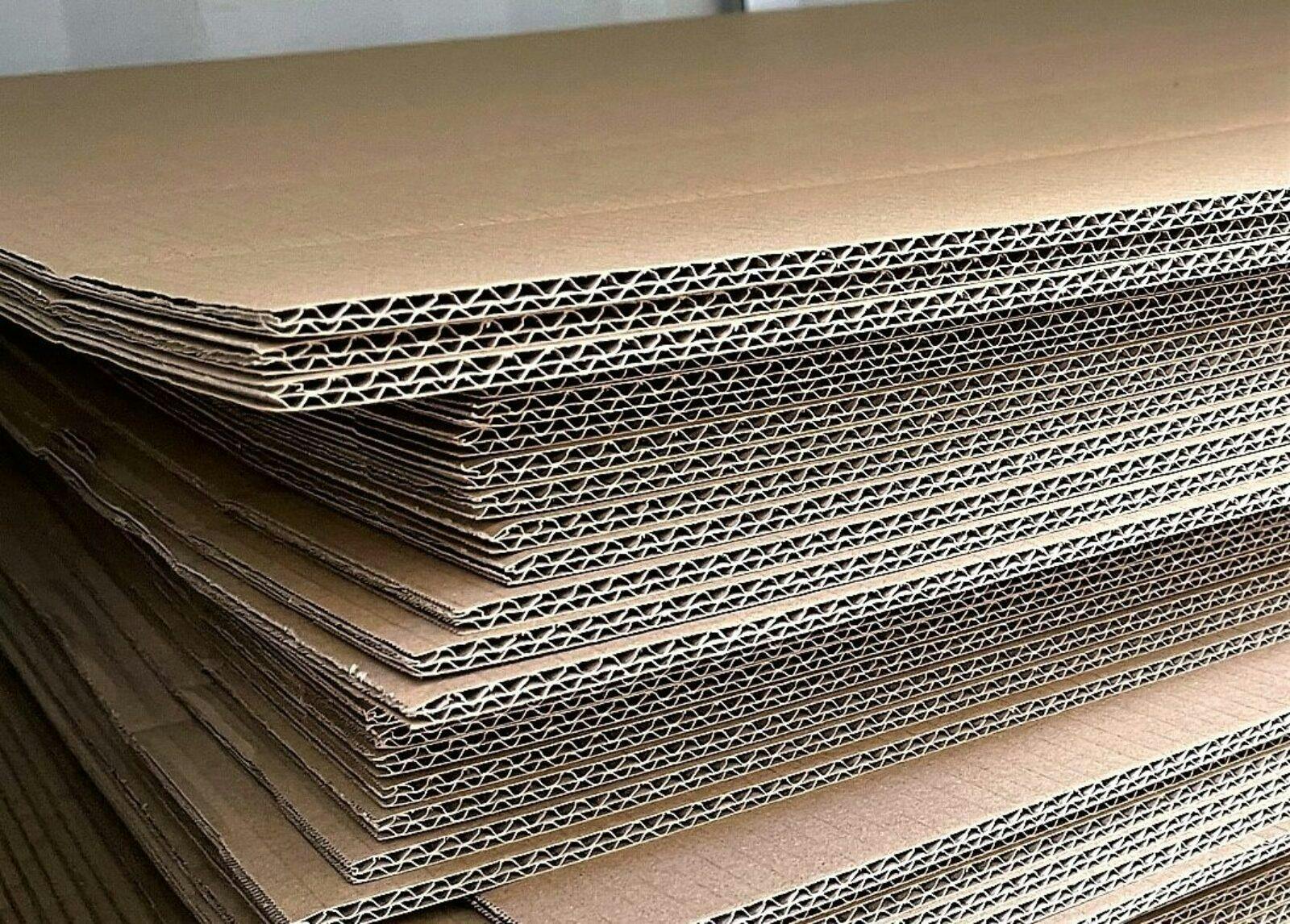
LED Systems
Technology moves fast in the LED and electronics sector. EFKA wants to remain at the forefront of technology, not just because of the quality and longevity of the product but also because it takes fewer and fewer LEDs to illuminate a lightbox as LEDs become more efficient at spreading their light.
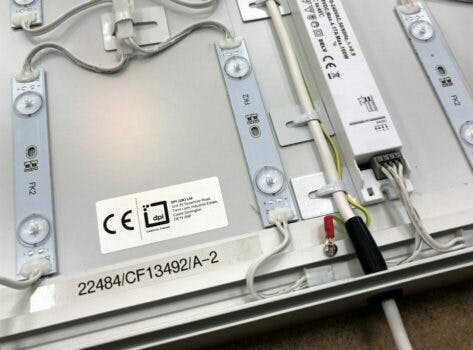
ACM Back Panels
Most packing materials (bubble wrap and protective edging) can be recycled but we must rely on the recipient to ensure that this is done through the correct channels. EFKA is researching more compostable products to eliminate this risk and we use cardboard cartons wherever possible. There is however a fine balance between recyclability and the product doing the job it is intended to, that is to protect the product and avoid damage during transit.

Aluminium Profile
We buy the aluminium profiles we use to build our display frames in 6.15-metre lengths. We cut the profile into the lengths we require and all offcuts and swarf are collected from us and recycled monthly. Once our lightboxes have outlived their use with the client, the profile can easily be recycled time and time again without loss of properties. Additionally, we are now having our first profiles extruded here in the UK to cut down on shipping from Europe.
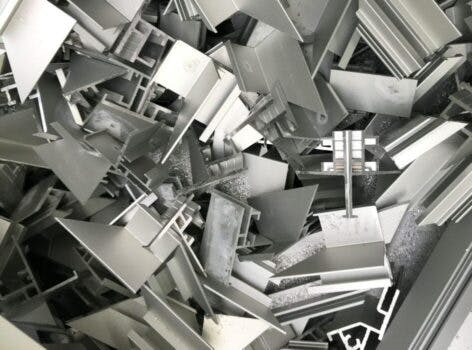
UK Suppliers
Brexit has focused many UK manufacturers’ minds on the source of the materials they use. One of the benefits of looking more locally is the fact that the journey from supplier to the factory is less environmentally impactful. EFKA is a long way down the road to ensuring that 100% of our supply chain is UK based.
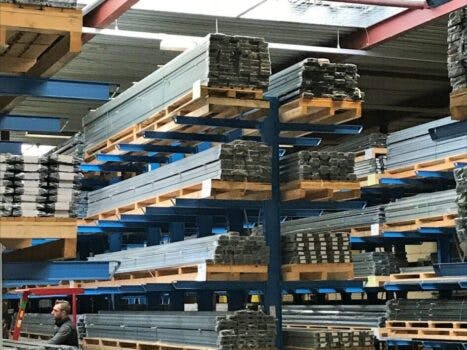
We are WEEE Compliant
The Waste Electrical and Electronic Equipment (WEEE) Regulations (2013) became law in the UK on 1 January 2014 and replaced the WEEE Regulations 2006. These Regulations refer to the government’s interpretation of the EU Directive 2012/19/EU. The purpose of the Directive was to set targets for the collection, recovery and recycling of waste electrical and electronic equipment across Europe and divert volumes of waste electrical equipment from landfills. The legislation places the onus on producers to be responsible for their items when they become waste.
The UK regulations require businesses to:
- Minimise waste arising from their electrical and electronic equipment (EEE) products and promote their reuse.
- Ensure the waste products are treated correctly and meet recovery and recycling targets for the waste materials.
- Design products by reducing material use and enhancing reusability and recyclability.
